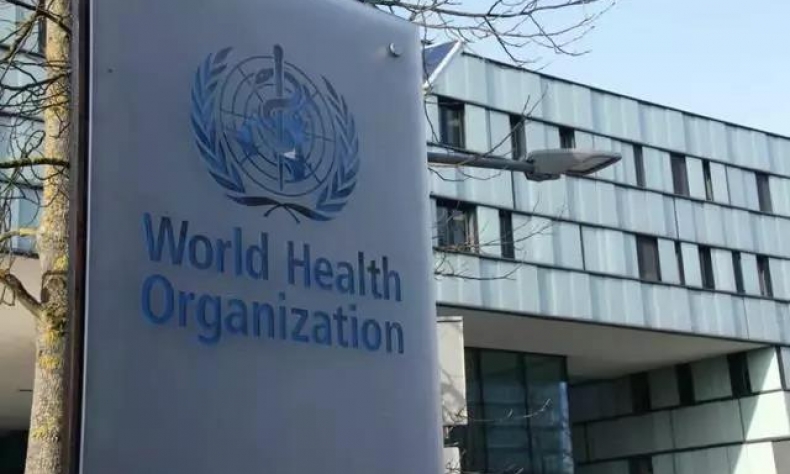Strong, Effective and Transparent

WHO acknowledges China’s efforts to prevent the spread of novel coronavirus.
When the World Health Organization (WHO) declared the novel coronavirus (2019-nCoV) a public health emergency of international concern (PHEIC) on January 31, it was not an unprecedented measure, nor does it have any political overtone.
WHO Director General Dr. Tedros Adhanom Ghebreyesus made it clear at the ensuing press conference on that day that the declaration was “not because of what is happening in China, but because of what is happening in other countries.”
“Our greatest concern is the potential for the virus to spread to countries with weaker health systems and which are ill-prepared to deal with it,” Dr. Tedros said. The PHEIC declaration was intended to draw global attention and help countries with a relatively underdeveloped healthcare system to cope with potential spread of the virus.
In accordance with the International Health Regulations (IHR), when a PHEIC is declared, WHO will put forward interim or long-term suggestions on health measures related to people, luggage, cargoes, containers, transport vehicles, etc. to prevent or reduce the global spreading of diseases and disruptions through international transport.
However, given China and other countries’ efforts to prevent and contain the epidemic, Dr. Tedros said, “There is no reason for measures that unnecessarily interfere with international travel and trade. WHO doesn’t recommend limiting trade and movement.”
With the likelihood of exports from China and its imports being curbed due to unreasoning panic, WHO has also urged other countries not to take any discriminatory action.
Under Article 43 of the IHR, state parties implementing additional health measures that significantly interfere with international traffic (refusal of entry or departure of international travelers, baggage, cargoes, containers, conveyances, goods, and the like, or their delay, for more than 24 hours) are obliged to send to WHO the public health rationale and justification within 48 hours of their implementation. WHO will review the justification and may request countries to reconsider their measures.
Chinese authorities have shown transparency in handling the emergency. There have been constant updates on the number of newly confirmed cases, information on analysis of the pathogen, preventive measures and treatment through press conferences. Since the outbreak, China has kept in touch with WHO and other countries, sharing information, including the genome sequence of the virus.
While meeting Dr. Tedros, President Xi Jinping said China is ready to work with WHO as well as the international community to safeguard regional and global public health security. Based on China’s reports on the epidemic, the IHR Emergency Committee, which comprises health experts from around the world, has held several meetings to make a scientific and objective judgment on the epidemic.
The Chinese Government has taken the toughest measures to bring the situation under control. It designated experts to investigate the cause of the epidemic and when they pinpointed the new strain of the coronavirus, emergency monitoring and epidemiological investigations started. Diagnostic kits were developed and dispatched to health institutions and safety guidance is being sent to the public regularly.
All sections of society have been mobilized to help Wuhan in its fight against the epidemic. Medical equipment and gear are being sent to the city regularly and more than 10,000 medical personnel have been dispatched.
The local seafood market in Wuhan where the outbreak originated has been shut down and management of wildlife trade and catering has been tightened. Since January 23, Wuhan has closed its airport, railway stations and long-distance bus stations to prevent the spread of the virus.
Governments at various levels in other cities and provinces have activated the highest level of public health emergency response. Mass gatherings have been canceled and the Spring Festival holiday was extended for many sectors. Travel agencies have been instructed to suspend their business while those who had to cancel their travel plans due to the epidemic will be refunded without having to pay any cancellation charge.
Responding to the measures, Dr. Tedros said, “In many ways, China is actually setting a new standard for outbreak response.”
This is not the first time that WHO has declared a PHEIC since the IHR was released in 2005. The current declaration is a normal practice in terms of virus prevention and control, with no political motivation and should be taken in the right spirit by all.
 Facebook
Facebook
 Twitter
Twitter
 Linkedin
Linkedin
 Google +
Google +










